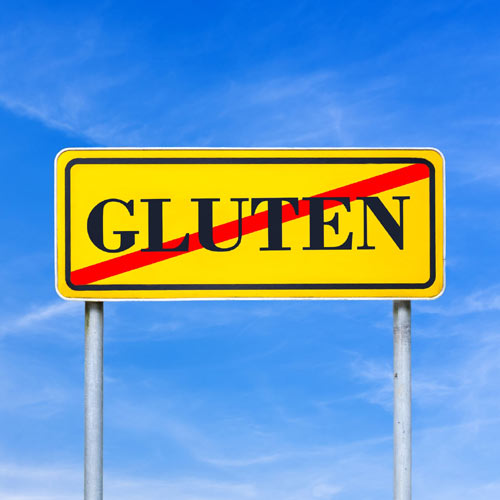
If you're among the one in three Americans making a lifestyle choice to avoid gluten -- a protein found in wheat, rye and barley -- or the one in 100 Americans diagnosed with celiac disease, which prohibits gluten intake, you've likely seen your food costs go up.
Restaurants often charge more for gluten-free pizza crust or pasta, for example. And at the grocery store, we found a Freschetta four-cheese medley pizza for $6.99, compared with the gluten-free version at$9.99. Likewise, a box of regular Betty Crocker yellow cake mix costs $2.49, while the gluten-free version is $4.69.
Did you know that you might be eligible for a tax break to help offset some of those costs?
The weight-loss area of the tax law offers guidance for restricted diets, says Mark Luscombe, principal federal tax analyst for Wolters Kluwer Tax and Accounting US.
"That says if you're on a restricted diet for a particular disease and if you have a doctor's certification that you should be on such a diet, you can treat it as a medical expense," he explains.
IRS Information Letter 2011-0035 affirms the tax break: "...the excess cost of specially prepared foods designed to treat a medical condition over the cost of ordinary foods which would have been consumed but for the condition is an expense for medical care."
But claiming the tax break isn't without hurdles. For starters, you must have certification from a doctor that you have a medically necessitated diet due to celiac disease, an autoimmune disorder in which the ingestion of gluten leads to damage in the small intestine. Going gluten-free as a beneficial lifestyle choice isn't going to cut it.
Except with products such as xanthan gum and sorghum flour, for which there is no gluten-filled alternative, you'll only be able to deduct the difference in cost between gluten-free food and "normal" food. Be sure to hold on to all of your receipts to keep track of your costs and support your deductions; scribble the cost of the cheaper, gluten-filled alternatives on the back of your receipts.
Keep in mind that you can deduct medical expenses only if you itemize and only if they exceed 10 percent of your adjusted gross income, or 7.5 percent if you're older than 65. All of your eligible medical expenses can be combined to try to exceed that 10 percent threshold. If you have any other health considerations, check IRS Publication 502, Medical and Dental Expenses to see if they can also be written off.
Comment by clicking here.
Rebecca Dolan is a reporter at Kiplinger's Personal Finance.



 Contact The Editor
Contact The Editor
 Articles By This Author
Articles By This Author